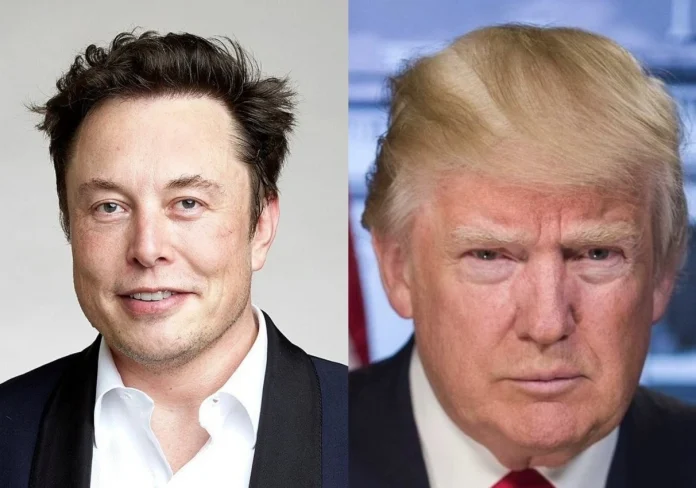Elon Musk has, however, indicated a willingness to continue advising the Trump administration in an informal capacity
Elon Musk has officially stepped down from his role as head of the Department of Government Efficiency (DOGE) in the Trump administration, concluding a tenure marked by significant federal budget cuts and administrative reforms.
Musk’s departure aligns with the expiration of his term as a “special government employee,” a designation that limits service to 130 days annually.
However, his exit also follows public criticism of President Trump’s “Big Beautiful Bill,” a legislative package proposing substantial tax cuts and increased spending on defense and border security.
Musk expressed concerns that the bill would exacerbate the national deficit and undermine DOGE’s cost-cutting objectives.
During his tenure, Musk implemented aggressive measures aimed at reducing government expenditure, including significant layoffs and the elimination of various federal programmes.
While DOGE claimed to have saved approximately $160 billion, critics argue that these cuts may have led to decreased productivity and incurred additional costs due to rehiring and legal challenges.
Musk’s involvement with DOGE also coincided with a notable decline in Tesla’s performance, with a reported 71% drop in profits and a significant decrease in sales.
This downturn prompted shareholders to urge Musk to refocus on his responsibilities as CEO of Tesla.
Despite stepping down from his official position, Musk has indicated a willingness to continue advising the administration in an informal capacity.
He plans to maintain periodic visits to Washington, D.C. and offer inputs on governmental matters as needed.





